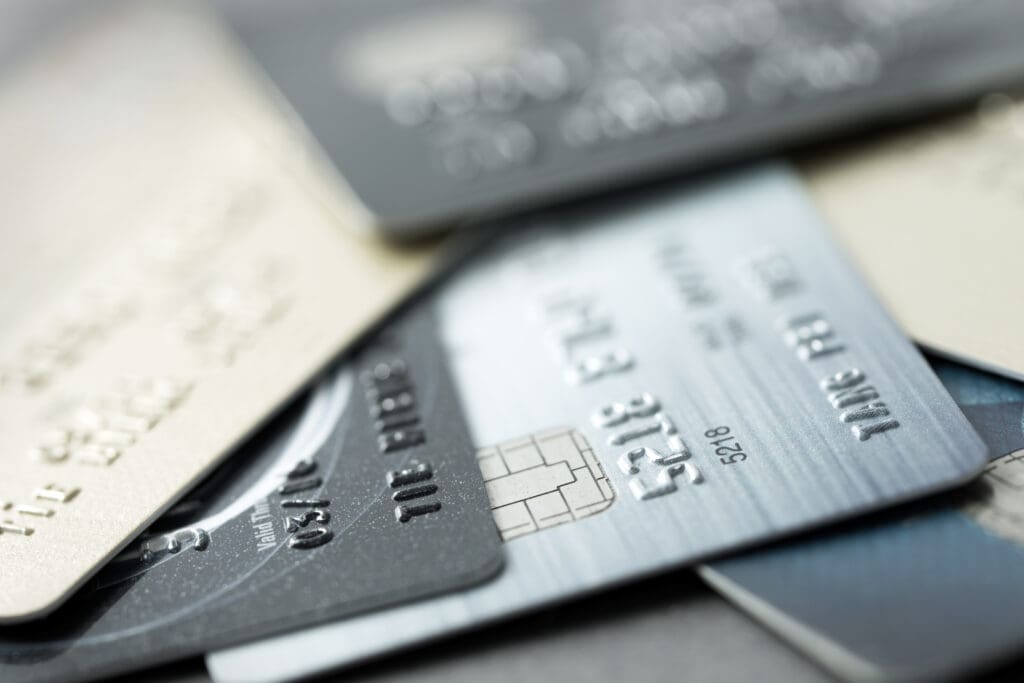Question: I rented a piece of equipment to a customer without first getting his signature on my rental contract. The equipment was vandalized, and I charged the customer’s credit card for the cost of the repair. The customer disputed the charge, and the credit card company took the money back out of my account. What can I do about this, and what are some ways I can avoid this kind of thing in the future?
Answers: Fortunately, a number of remedies remain available. First and foremost, the credit card issuer’s “non-judicial” determination does not stop you from pursuing your legal rights (i.e., you still have the right to file a lawsuit).
Before going to that extreme, however, you should first contact your credit card merchant services provider and see if you can get the chargeback reversed (and the amount paid). You may, in fact, be able to do so if you can show that your customer actually authorized the charge itself and/or the means of determining it (e.g., the customer agreed to pay you “up to the full new replacement value of the equipment”). This language might be found in the terms and conditions of your (unsigned) rental contract, but it might also appear in your credit application and/or your credit card charge authorization form(s) (Note: If you don’t currently have either or both of these, contact us. They can be immensely helpful in situations like this).
You will also want to consider submitting the damage claim to your insurance carrier. The obvious question this raises is whether doing so is worth it, considering the level of damage, your deductible, your loss history (your record of prior claims) and of course, whether your customer has previously provided you with an insurance certificate. Whatever your decision, you’ll want to make it as soon as possible, as delays can result in claim denials and/or deterioration/disappearance of valuable evidence that might help you and/or your insurer recover some or all of the claim from your customer or perhaps your customer’s insurer.
If, ultimately, you must file a lawsuit against the customer in order to recover on your claim, you’ll first want to try to show the court that you had a legally enforceable rental contract. Not being able to produce a signed agreement certainly doesn’t help your case, but it doesn’t necessarily mean you should give up, as the Uniform Commercial Code still enables you to enforce unsigned contracts in many cases, albeit imperfectly. Doing so will depend on the evidence you can produce showing an agreement was reached (e.g., emails, notes of telephone conversations, facsimile transmissions, the testimony of one or more of your employees, and perhaps the testimony of your customer and/or one or more of his employees (though obtaining the latter may be difficult). Some of your evidence may be inadmissible, depending on whether and how often you take/keep notes regarding telephone and other conversations (Note: Consistent recordkeeping can be valuable as a means of overcoming “hearsay” objections in court, making it more likely that your notes and/or telephone logs will be admitted into evidence).
Even if you succeed in getting your rental contract form admitted into evidence, it will only help you if it includes the proper terms. Specifically, it should make the customer liable for all losses of and damage to the equipment from the time it leaves your premises until it comes back to you and, of course, entitle you to charge all amounts due and coming due in connection with the rental to the customer’s debit and/or credit card(s). Many rental contracts make the customer liable loss and/or damage only for the duration of the originally scheduled rental term (failing, for example, to address drop-offs, renewals and extensions), and say nothing about debit/credit cards. Both issues can be problematic for rental operators after a loss occurs, and unfortunately, because most rental contracts are the creations of the rental companies using them (rather than negotiated documents created by negotiations between rental companies and customers), application of the commonly accepted “contra proferentem” rule (that contract ambiguities will be construed “against their drafters”) will likely result in a loss for the rental company if such issues aren’t clearly and specifically addressed.
Two effective (if imperfect) means of dealing with the debit/credit card issue include: (1) using a separate credit card charge authorization form that specifically entitles you to charge “up to the full (new) replacement value of the equipment” (or words to that effect); and (2) a credit card acknowledgment on the first page of your rental contract entitling you to do the same thing, though in abbreviated form. These remedies are helpful, but you may still be forced to pursue litigation, as card issuers and merchant services providers can be unpredictable when making determinations regarding chargeback disputes.
Why Bother? Why, you may ask, should I bother with all of this if my contract isn’t signed. Doesn’t that effectively extinguish my claim anyway? Simply put; no, it does not. You have both equitable (fairness-based) claims, and as I mentioned above, statutory claims under the Uniform Commercial Code (“UCC”). Importantly, UCC Section 2A-201 expressly validates rental agreements that would otherwise be unenforceable (for example, unsigned agreements) “with respect to goods that have been received and accepted by the lessee.” Further, Section 2A-204 contains the following language: “A lease contract may be made in any manner sufficient to show agreement, including conduct by both parties which recognizes the existence of a lease contract.” Thus, although you will likely have to provide substantial evidence of its existence in order to enforce it (and a court may feel less inclined to enforce all of its provisions strictly), the fact that you don’t have a signed rental contract doesn’t necessarily eliminate your ability to recover. So, if your contract terms themselves support your claim, filing a lawsuit remains an option and should be seriously considered despite the lack of a signature.
Additionally, if the customer previously rented equipment from you and signed your rental contract in the process, review it carefully to determine whether it contains a provision extending its terms to subsequent rentals (e.g.: “These terms and conditions apply to the items identified on Page 1, and to all other items you obtain from us in the future”). If it does, you’ll have substantial additional support for your breach of contract claim, though under a previously signed contract.
Finally, make sure your contract includes a provision that entitles you to recover attorneys’ fees from your customer if you prevail at trial. Recovering $10,000 for damage to your equipment will do you little good if you spend $20,000 in legal fees to get it (Note: Rules often differ from state to state, so you’ll want to consult with an attorney before doing so).
Conclusion: Laws pertaining to contracts, not to mention the circumstances surrounding their use, continue to expand and evolve, making it imperative that rental operators update their contracts and find better ways to use them. Don’t hesitate to contact us if we can help.



